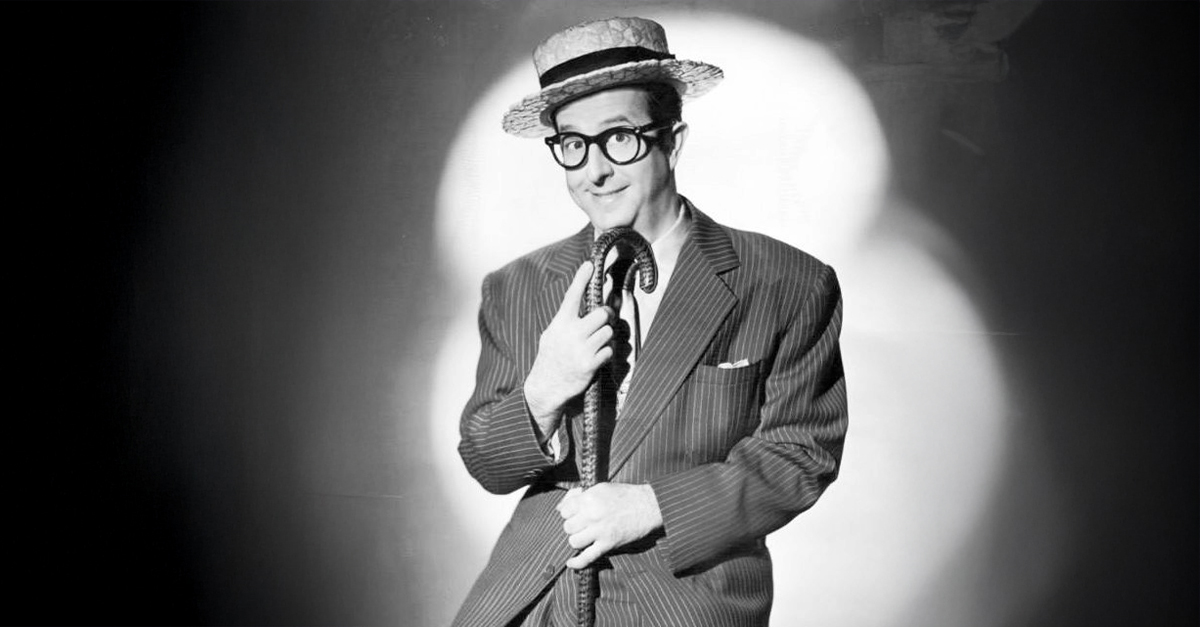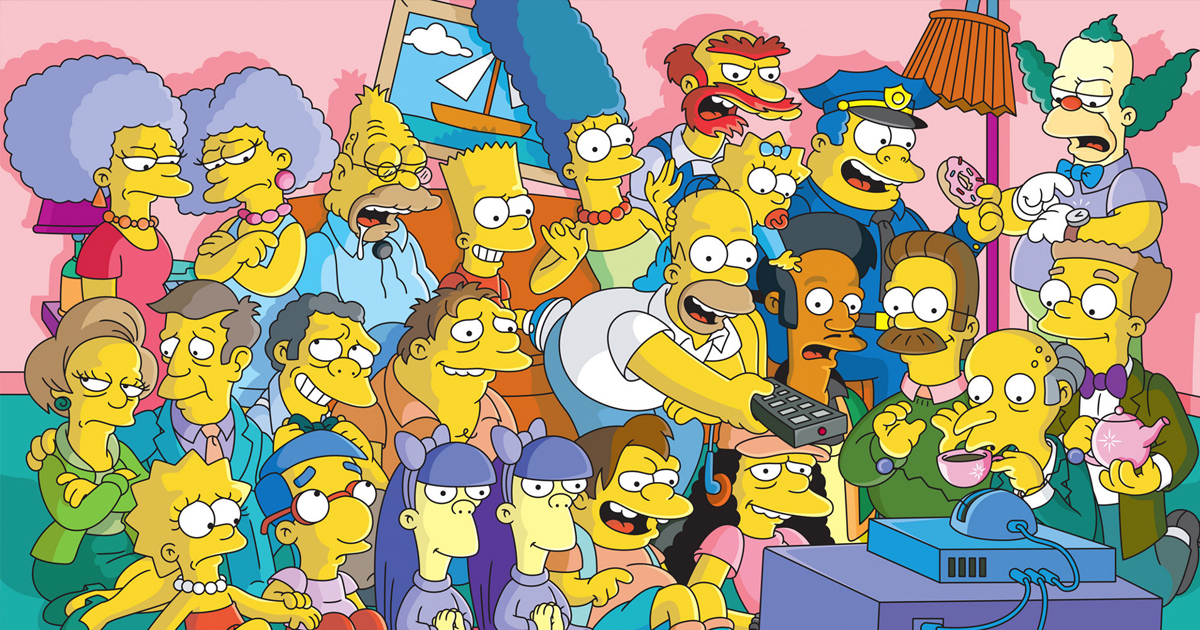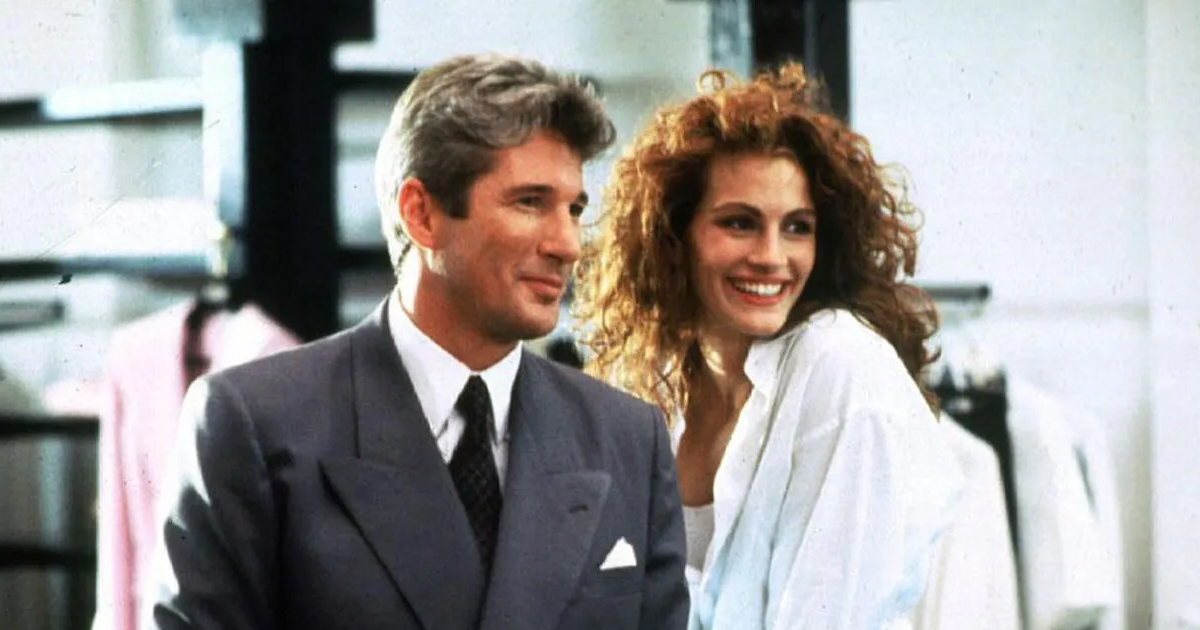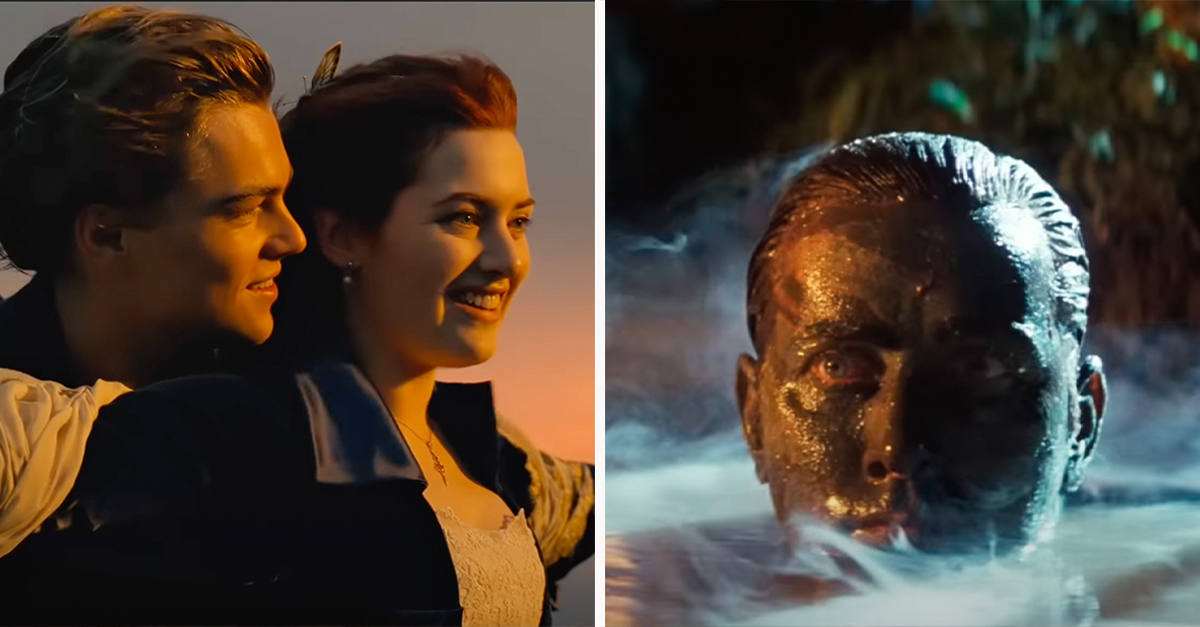A High-Energy Comic
Phil Silvers was best known as the audacious Sergeant Bilko. As a comedian he was high-energy, charming, and chaotic. He performed from the Vaudeville days right up into 80s sitcoms. It all started back in Brooklyn in the early 20th Century.
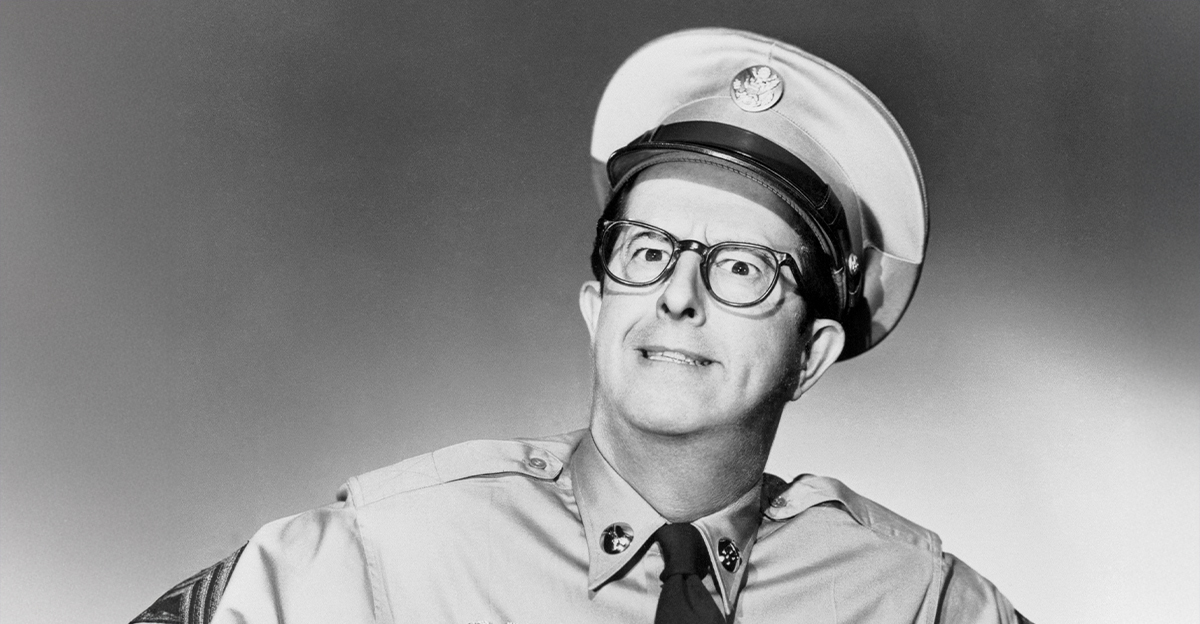
Early Life And Roots In Vaudeville
Born in Brooklyn in 1911, Silvers grew up in a working-class Jewish family. For as long as anyone could recall, he was constantly entertaining friends with impressions and jokes; he got into vaudeville as a teenager. That’s where Phil really sharpened his signature rapid-fire delivery and brash personality. Those vaudeville instincts would shape his later career, carrying him aloft to the heights of Broadway and beyond.
 Andrew Choy, Wikimedia Commons
Andrew Choy, Wikimedia Commons
Hollywood Beginnings
Silvers found a lot of work in Hollywood during the 30s and 40s, showing up in many Warner Bros. musicals and comedies. His energetic wisecracking style was often used in supporting roles. He was never what you would call a movie star, but these early parts taught him how to command the screen. He began to look for a platform that could match his comic energy.
 Warner Bros., You're in the Army Now (1941)
Warner Bros., You're in the Army Now (1941)
Rise To Broadway Stardom
In the late 40s, Silvers conquered Broadway. He appeared in hits like High Button Shoes (1947) and Top Banana, which showcased his charisma and musical timing. Top Banana even won him a Tony Award in 1952. The Broadway win positioned Silvers as a major star. But the new medium of TV soon gave him an even bigger stage.
 United Artists, Top banana (1954)
United Artists, Top banana (1954)
Breakthrough With Sergeant Bilko
The role that most people remember Silvers for came on The Phil Silvers Show (1955–1959), where he played Master Sergeant Ernest Bilko, a scheming, fast-talking conman in uniform. The show won three straight Emmy Awards and made Silvers a household name. Audiences enjoyed Bilko’s audacity, though some critics questioned whether a show about a hustler constantly looking for an angle sent the wrong message.
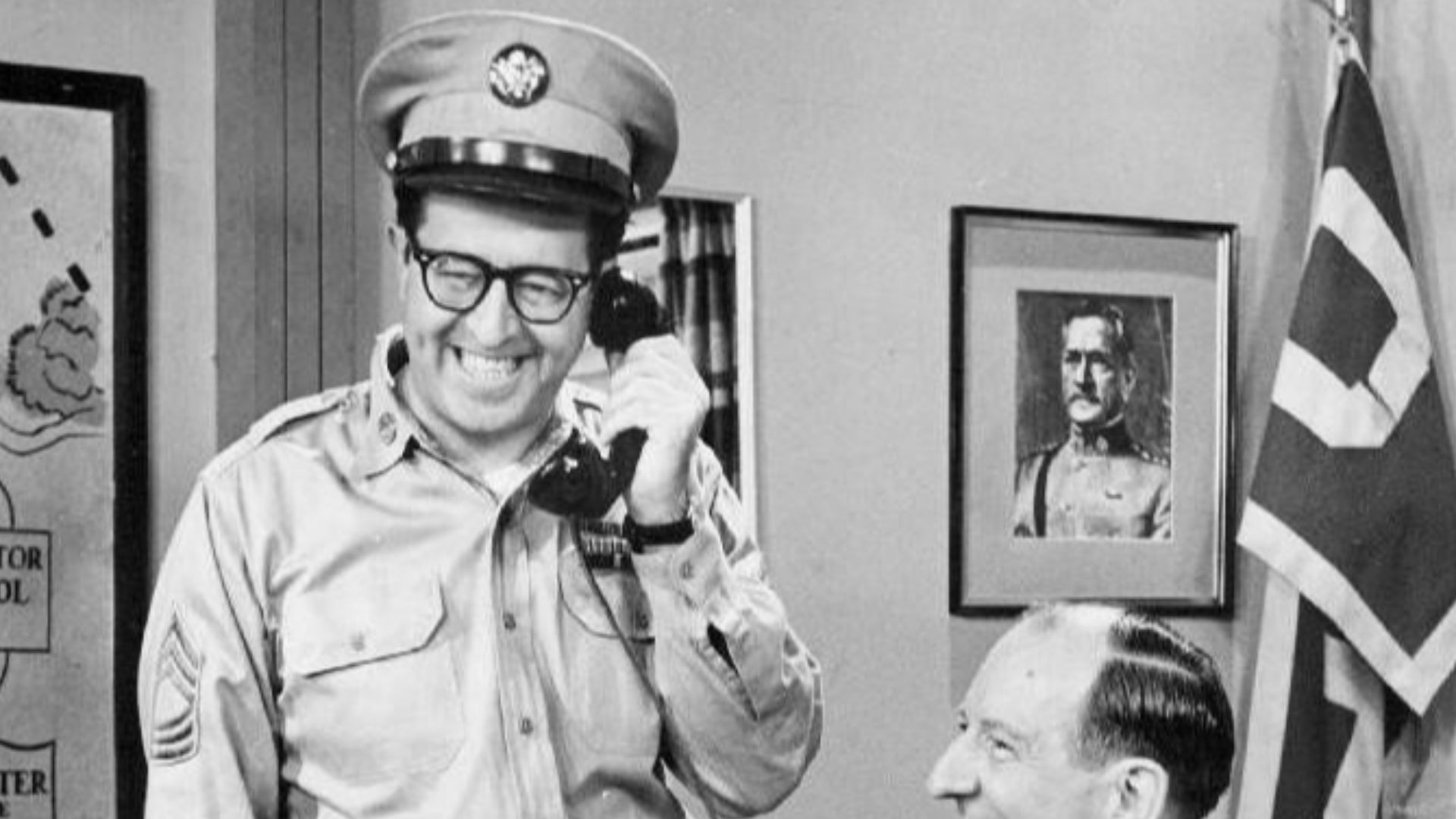 CBS Uploaded by We hope at en.wikipedia, Wikimedia Commons
CBS Uploaded by We hope at en.wikipedia, Wikimedia Commons
He Had Some Rough Nights At The Casino
Staying in Reno in the 50s, Silvers once gambled all night at the Cal-Neva Lodge near Lake Tahoe. He lost his entire stake, and then an additional $1,000 on credit. The cab trip back to the hotel was the silent witness to a dejected Silver who told the driver, “Don’t wait for any lights and don’t wait for a tip.” It was a devastating night and was far from his only losing night at the tables.
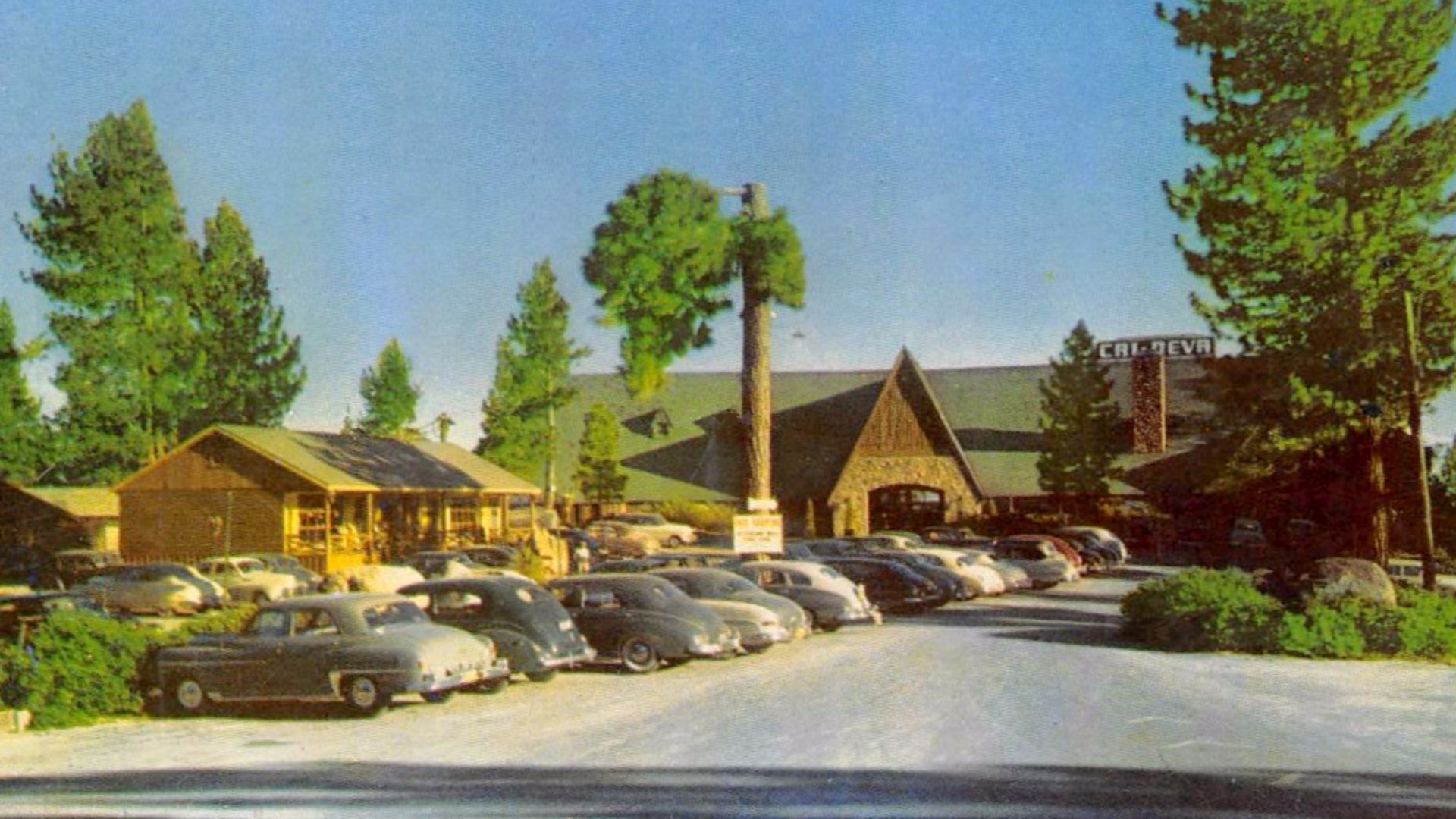 Sierra News Company, Reno, Nevada, Wikimedia Commons
Sierra News Company, Reno, Nevada, Wikimedia Commons
On The Wrong End Of A Poker Night Gone Wrong
Silvers once lost a small fortune on a single poker game with friends from the Broadway circuit. Rather than laugh it off, he stormed out shouting, “I can con the world but not a lousy deck of cards!” The eruption was an admission of his gambling compulsion; though it was delivered with his customary self-deprecating humor, there were signs of deeper struggles to come.
He Came Unglued
In 1962, while performing in Spain, Silvers suffered a mental breakdown. Away from home, the spotlight, and his familiar audiences, his confidence took a nosedive. At the time, he kept it all private, but the trusted face of comedy was suddenly in the grip of uncertainty. The incident marked a shift in his life, though he was able to bounce back to his exuberant self eventually.
 Photographer: Garbo, Chicago., Wikimedia Commons
Photographer: Garbo, Chicago., Wikimedia Commons
Struggles With Film Career
Though always popular on television and stage, Silvers never quite took off as a film star. He appeared memorably in ensemble comedies like It’s a Mad, Mad, Mad, Mad World (1963) and A Funny Thing Happened on the Way to the Forum (1966) but he never quite broke through in film. But Silvers’ stage career was more than making up for that.
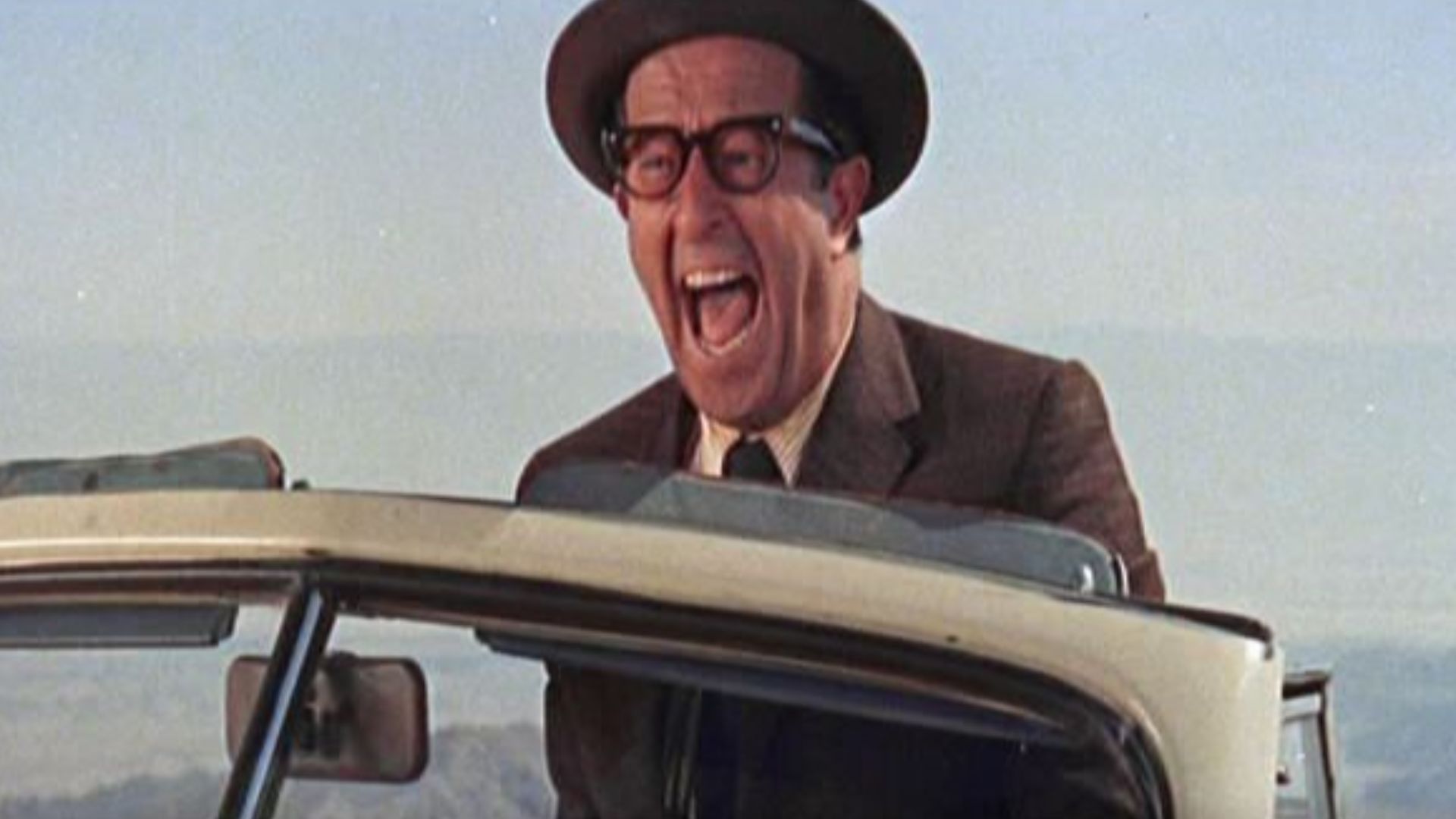 Trailer screenshot, Wikimedia Commons
Trailer screenshot, Wikimedia Commons
Broadway Triumph Before A Setback
August 1972 saw Silvers at his peak, starring as Pseudolus in A Funny Thing Happened on the Way to the Forum at the Lunt-Fontanne Theatre. But at the height of acclaim, it was there that he suffered a stroke, abruptly ending the run. Silvers’ career was thrown into doubt.
 United Artists, A Funny Thing Happened on the Way to the Forum (1966)
United Artists, A Funny Thing Happened on the Way to the Forum (1966)
The Stroke And Its Aftermath
The stroke left Silvers with slurred speech and weak limbs, ending his performances. But he refused to fade away. Despite his illness, he worked through the haze. He guested on Kolchak, Fantasy Island, and Happy Days. His determination to keep going turned into a show of unexpected strength.
 Paramount Television, Happy Days (1974-1984)
Paramount Television, Happy Days (1974-1984)
He Kept Quiet About It
Silvers kept his stroke to himself, as he was afraid that if people found out about it that his career would be over. In the meantime, he spent months in gruelling physio, getting his strength through walking, weightlifting, and long days on his own. It was never easy, but he made a surprising comeback that set the stage for one more act.
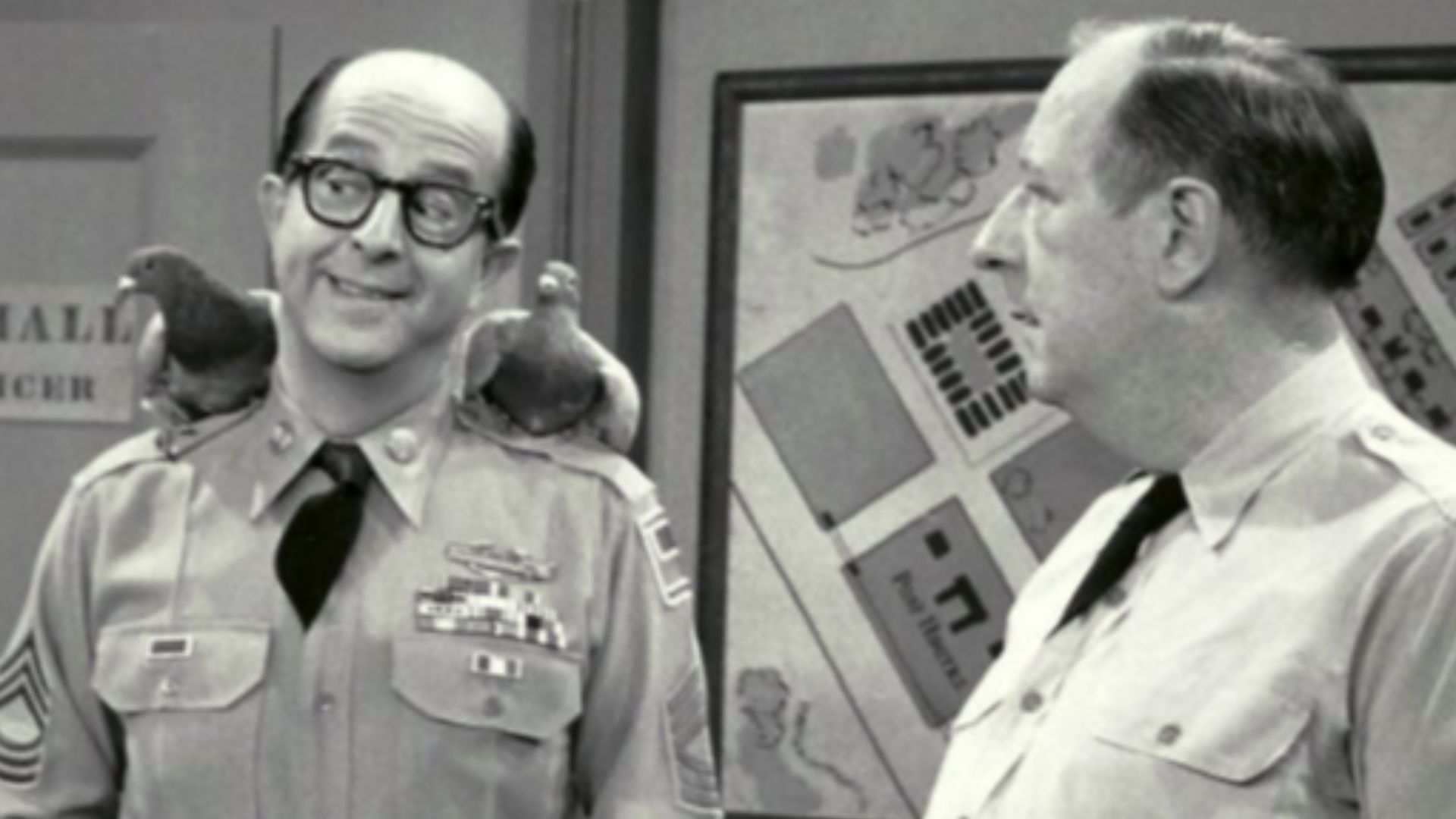 CBS Television, Wikimedia Commons
CBS Television, Wikimedia Commons
He Got Back On Stage
In 1974, Silvers returned to A Funny Thing Happened on the Way to the Forum on tour in England, Scotland, and Ireland. Audiences greeted him with affection and applause. It was a career milestone, and proof of his dedication to doing the only thing he ever wanted to do: make people laugh.
 1974 Phil Silvers Interview by Michael Parkinson, jack gold
1974 Phil Silvers Interview by Michael Parkinson, jack gold
Abrasive On Stage, Generous Off It
Silvers infamously ruffled feathers with his sharp wit and relentless pace. But off-camera, colleagues remembered his kindness. He was protective, supportive, and tolerant of new talent. This abrasive performance style and warmth when the curtains came down reflected the complexity of the man behind the show.
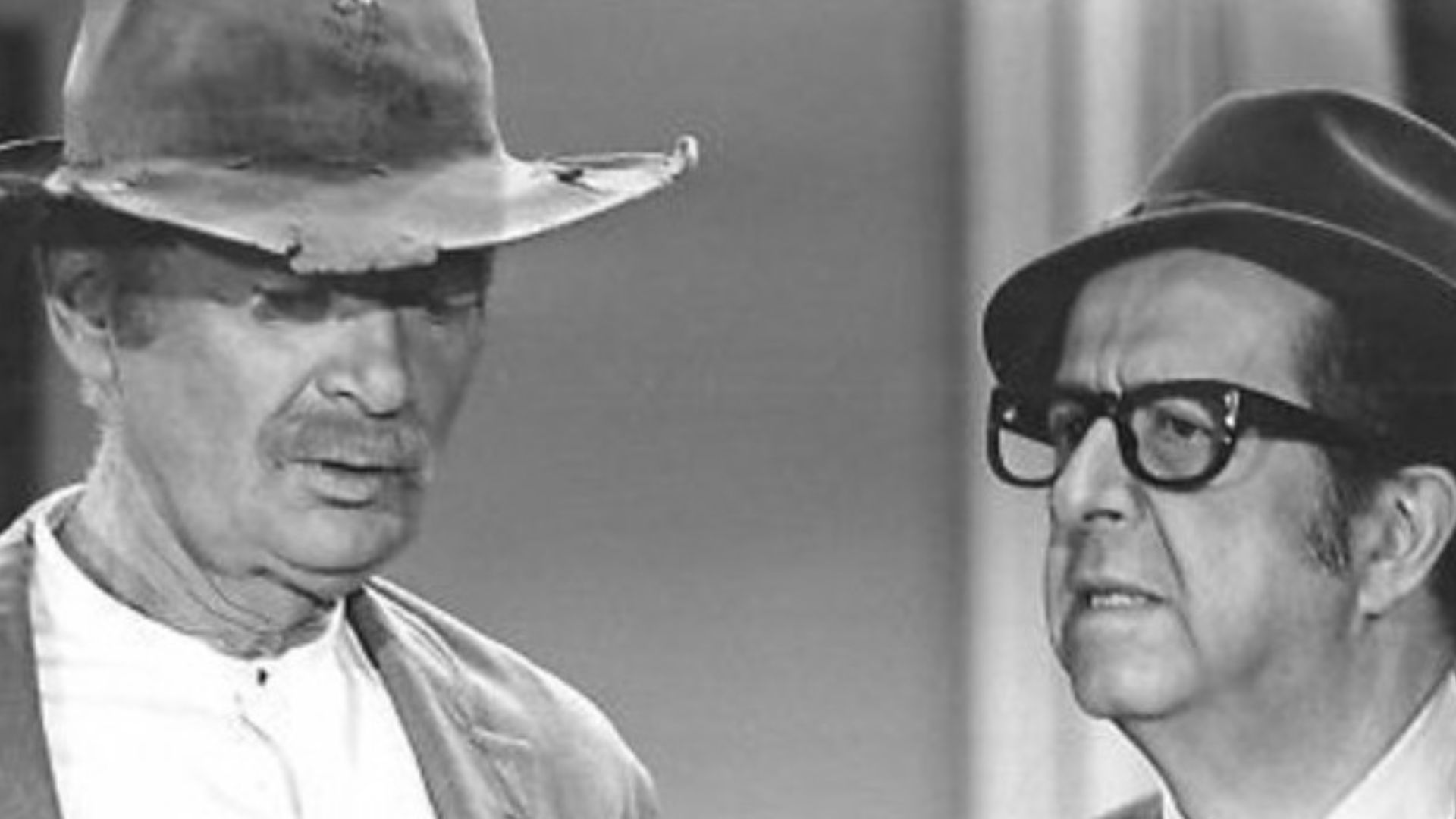 CBS Television Uploaded by We hope at en.wikipedia, Wikimedia Commons
CBS Television Uploaded by We hope at en.wikipedia, Wikimedia Commons
Marriages And Personal Strains
Silvers married twice, including to actress Jo-Carroll Dennison, a former Miss America. Both marriages ended in divorce, due partly to his gambling and relentless work schedule. Yet despite the turbulence, his daughters recalled a warm, caring father who never stopped trying to make them laugh, even during his darkest periods.
 Preview of Interview with Candace Silvers, bblcsedona
Preview of Interview with Candace Silvers, bblcsedona
Last Appearances
Silvers continued doing TV guest spots in the late 70s and on into the 80s, including parts on Happy Days and Fantasy Island, among others. You would never have known that he'd suffered a stroke based on some of his televised interviews at the time, as he was his usual garrulous, fun-loving self. His last TV appearance was on a 1983 episode of ChiPs.
 MGM Television, CHiPs (1977-1983)
MGM Television, CHiPs (1977-1983)
Awards And Recognition
Silvers’ career brought him accolades to go with the laughter: a Tony for Top Banana (1952), another Tony for A Funny Thing Happened on the Way to the Forum (1971), and Emmy Awards for The Phil Silvers Show (Sgt Bilko). The honors were confirmation of his comedic genius, even as personal turmoil sometimes threatened to overshadow it. His brilliance almost always found a way to shine through.
 The Broadway League & American Theatre Wing, Tony Awards (1967-)
The Broadway League & American Theatre Wing, Tony Awards (1967-)
He Got The Last Laugh
Silvers passed on November 1, 1985. He had requested in his will that Milton Berle deliver the eulogy. The request read simply: “GET MILTON BERLE!” It was a sign-off in perfect Bilko style: brazen, and irreverent to the end. That final gag revealed the heart of his humor: chaotic, loving, and devoted to comedy, even from beyond the grave.
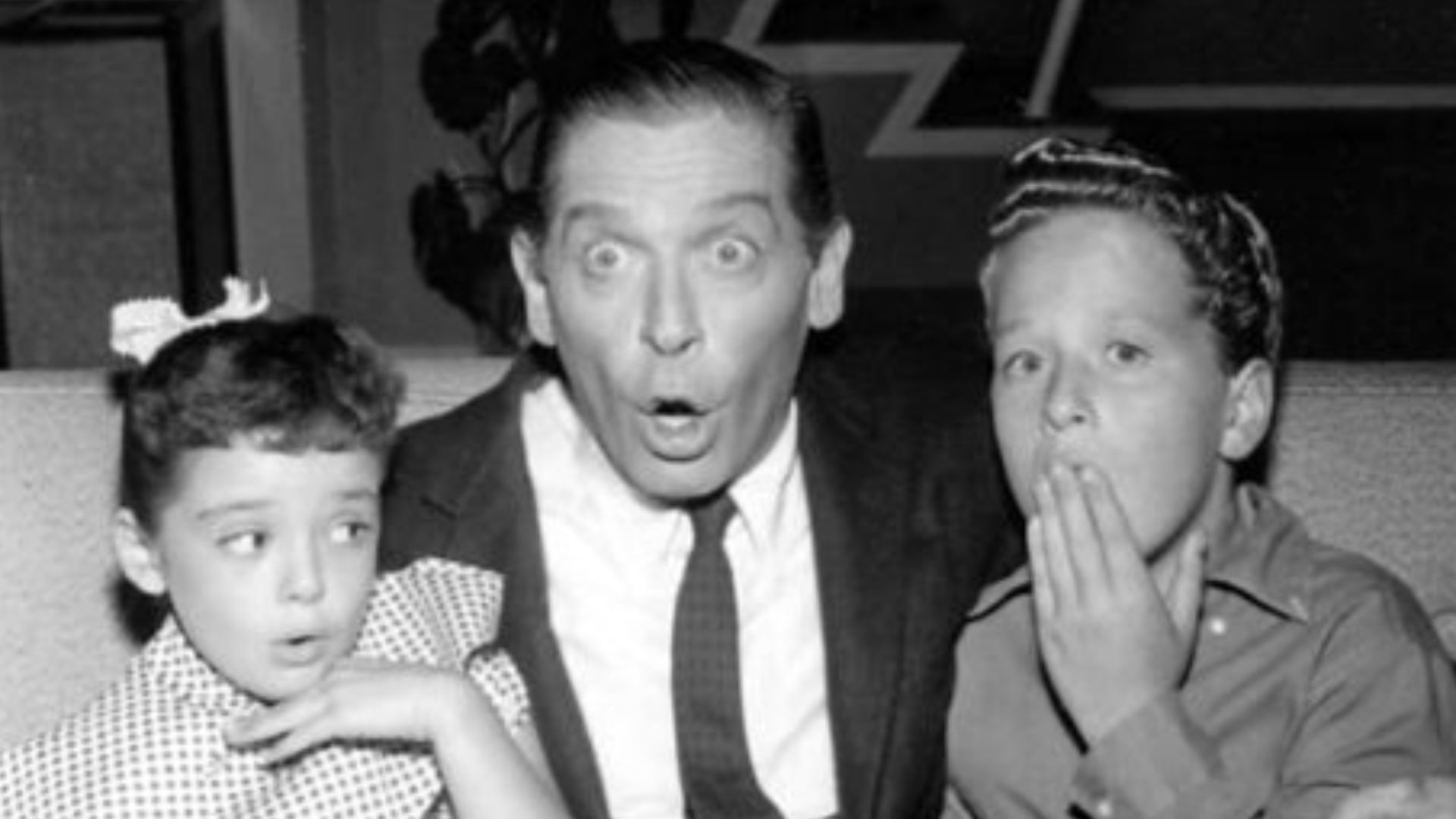 CBS Television, Wikimedia Commons
CBS Television, Wikimedia Commons
Why Fans Still Adore Him
One of the keys to Silvers’ humor was that he seemed like someone they could know; flawed, honest, relentlessly funny. Behind every Bilko scheme was a spark: not that of a polished star, but a hustler who wore his faults on his sleeve. The authenticity kept him popular with fans, and influential for a style of comedy that has appeared again and again over the years.
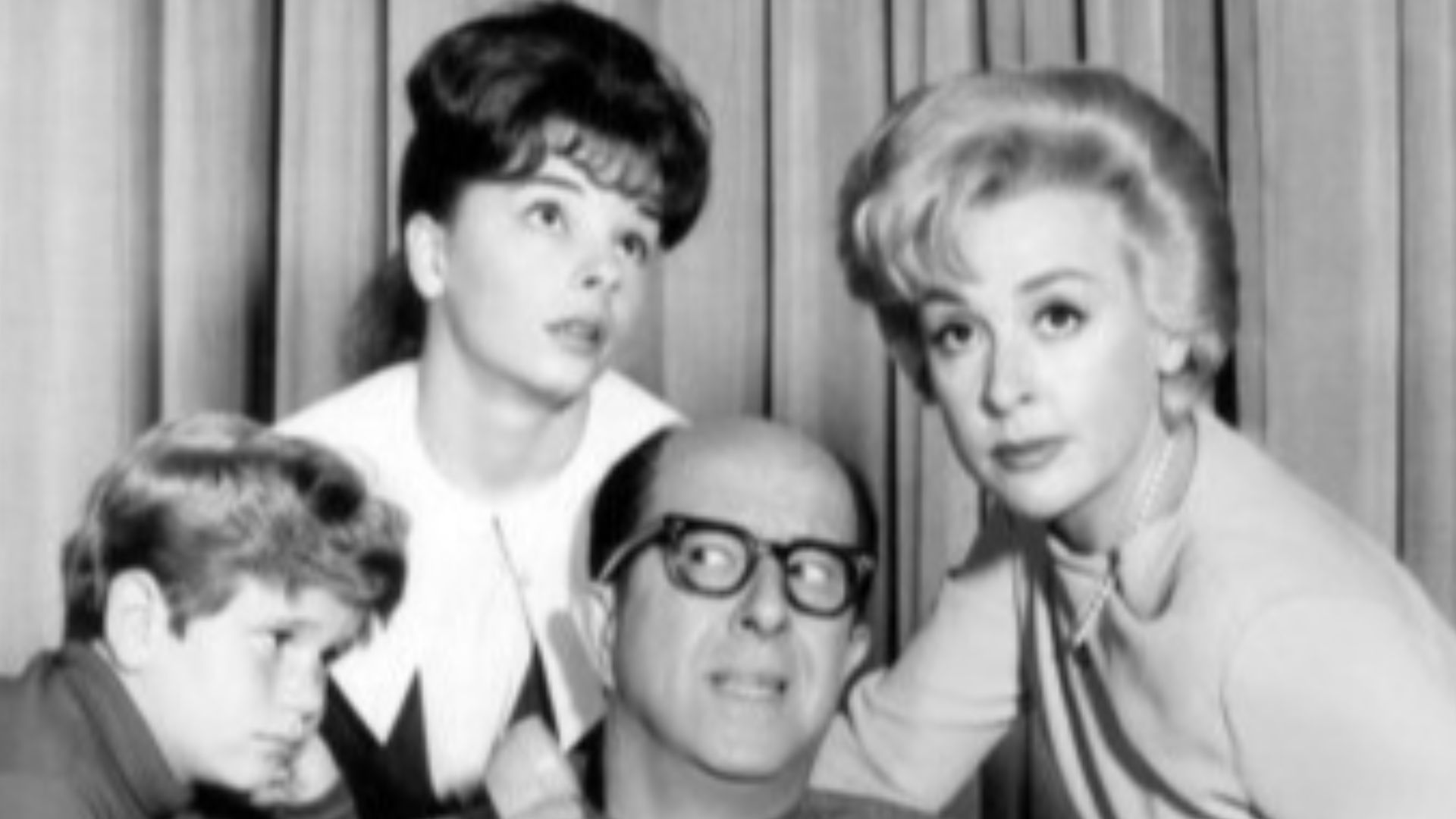 Columbia Broadcasting System (CBS), Wikimedia Commons
Columbia Broadcasting System (CBS), Wikimedia Commons
Bilko’s Influence Went On
Bilko’s scheming personality became a blueprint for later sitcom antiheroes. His style had echoes in Seinfeld’s George, Larry David, and various types of fast-talkers that have showed up on The Simpsons over the years. Phil's archetype has lived on because he captured something universal: ambition, audacity, and the knack for chaos.
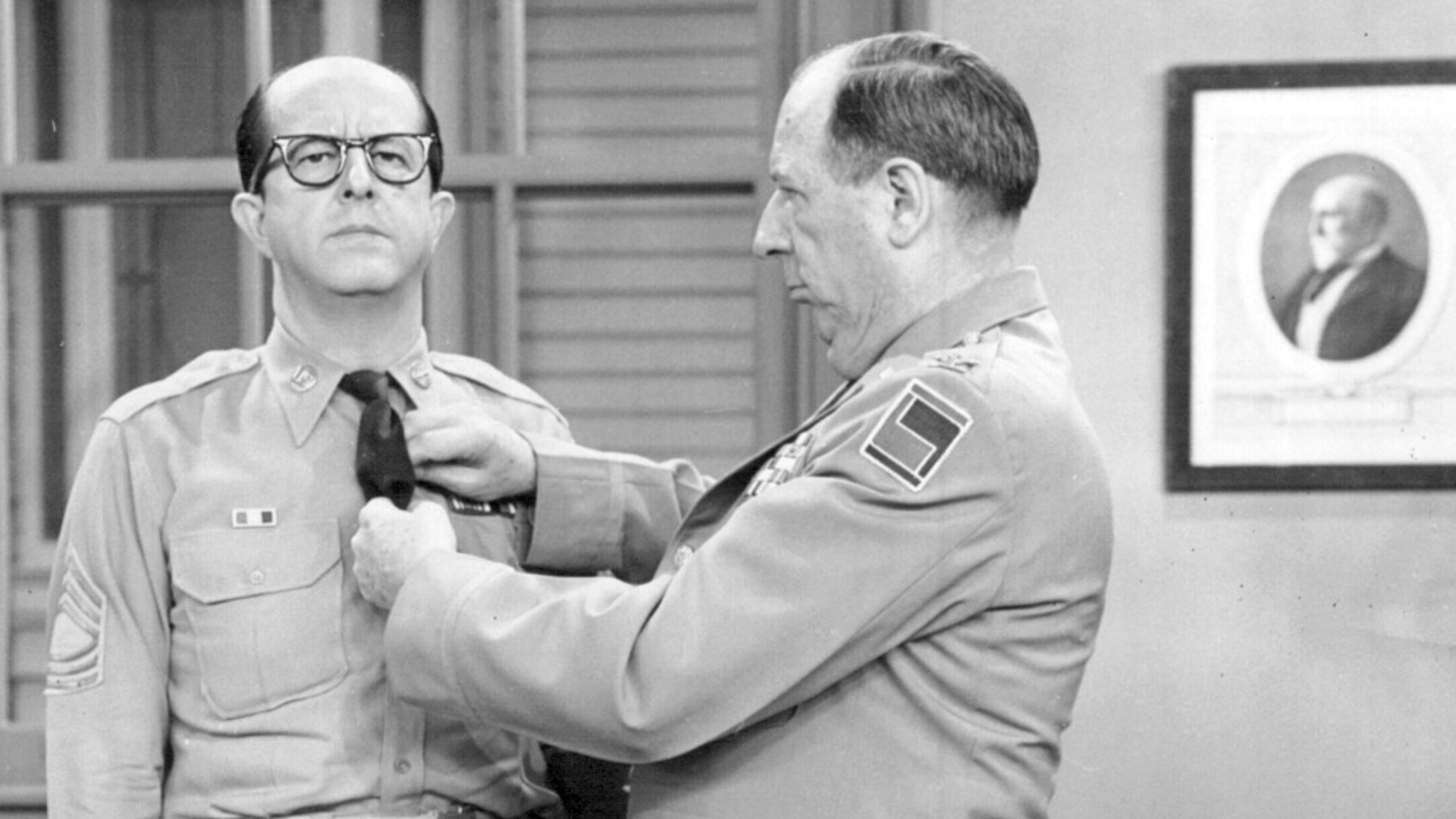 Photo from Metro Group photos., Wikimedia Commons
Photo from Metro Group photos., Wikimedia Commons
Dedicated Silvers Fans Keep The Tradition Alive
In Coventry, England, his daughter Tracey helped open the Phil Silvers Archival Museum with the help of British fans, housing his trademark glasses, jackets, and the Bilko smoking jacket. It’s a lovely monument to six decades of work by a man who generously invited audiences to laugh at, and with him.
 Fargo Village & Phil Sivers Museum Coventry, WanderingPeterUK
Fargo Village & Phil Sivers Museum Coventry, WanderingPeterUK
You May Also Like:
Celebrity Friendships That People Don't Know Started Way Before Fame
Steve Martin's greatest lines prove he is both a comedic genius and next-level weird. In a good way.

